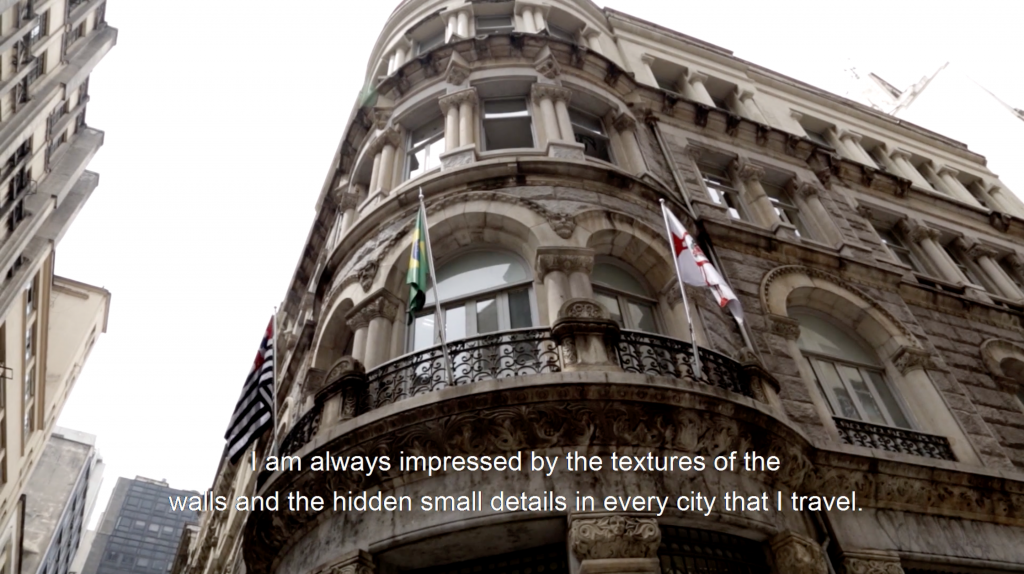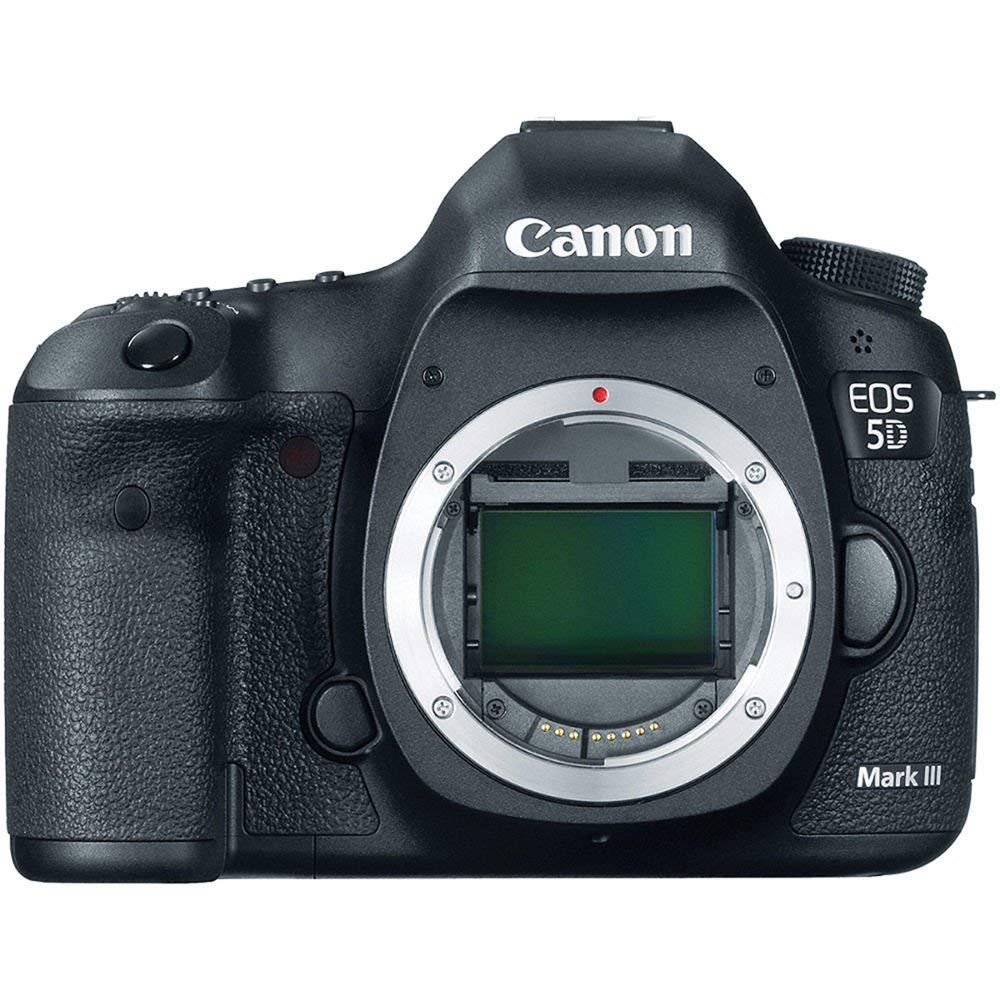Filmmaker Lucas Costanzi was missing something in travel videos — the stories, the people, and the places. With Urban Lights, he set out to dive into the roots of cities. The Travel Video Alliance spoke to him about finding stories, how he became a filmmaker, and more.
How did you develop the concept for Urban Lights? What made you want to work on a piece like this?
The series was developed by me and photographer Guilherme Zauith. We are longtime friends and travel enthusiasts. We decided to unite our passion in this project, him as a documentary photographer and me as a filmmaker.
There are many types of travel videos. Some very well produced, with beautiful images and vibrant editing. The video itself is an experience. However, as an experienced traveler, I have always missed stories, people, experiences.
For me, knowing a place is not just about beautiful images and sights. You have to dive into the streets, see all those anonymous faces parading in front of you, see in them the imprint of them ancestors and their history. To travel is to be open to talk and learn from each other. It is seeing quality and defects, without judgments or stereotypes. Traveling is knowing how local people see their own cities, their culture and how they interact with it. That’s why we created Urban Lights, to go deep into the veins of a city, get to know its people and reveal them as they are, endless.
You talk about how Brazil doesn’t preserve its own history in the video. What did you mean by that? What role does travel filmmaking play in preserving history?
It is a criticism of the preservation of the historical heritage of the country. In Brazil old buildings are sold to large construction companies that destroy them for the construction of modern enterprises, which have no artistic conception. There is a huge difference between the architectural preservation of Europe, for example, in relation to Brazil. Europe knew how to value art, the artistic concept of architecture. The whole world travels there to observe those palaces and beautiful buildings, it ends up giving people beauty and quality of life. In Brazil the construction of a nation and historical mentality was not developed, the destruction of the historical heritage make the cities more mechanical and oppressive.
History is preserved through constructed narratives. I believe the job of a traveling filmmaker is to rescue this story, to create a narrative. If we look at history, the deeds and achievements of kings of a given time were narrated and painted on a canvas. And this narrative runs through time. It is precisely the filmmaker’s job to create narratives that span time and preserve memory.
What initially drew you to travel filmmaking? How did you turn it into a career?
I have a journalism background. Experiencing adventures and storytelling has always been a passion. I had the opportunity to leave Brazil and study in France for 3 years. I lived in Paris where I did my specialization in documentary. During this period I developed a program for a Brazilian TV channel, where I traveled around Europe doing cultural reports. That’s when I decided to open my own production company and start telling the stories that interested me.




